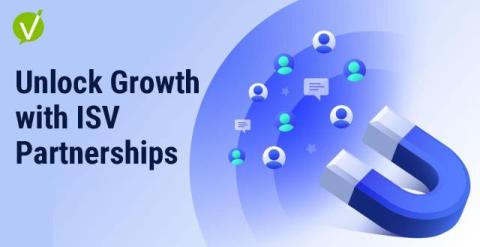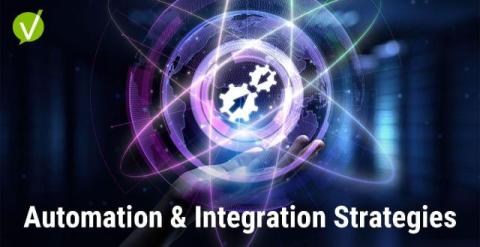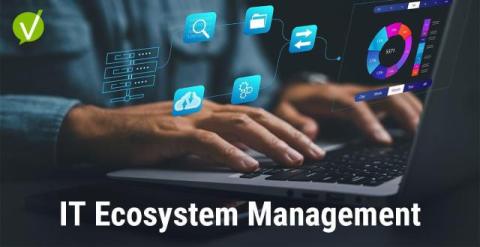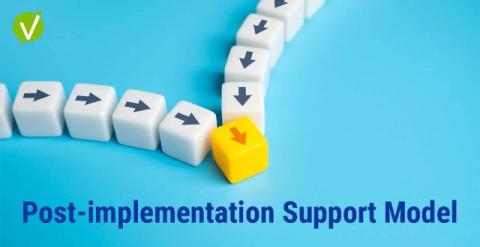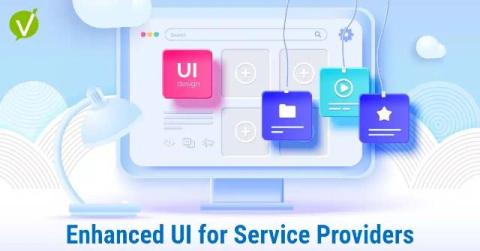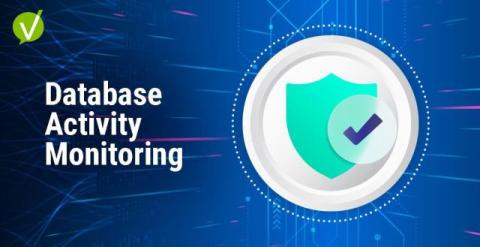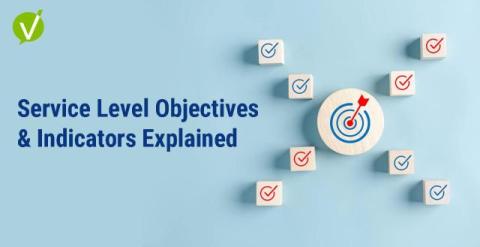What is an ISV Partner: The Power of Strategic Relationships
Strategic partnerships with industry leaders like Salesforce and Microsoft can be a game-changer for companies in the SaaS and Customer Service Management sectors. These alliances provide seamless integration with widely adopted platforms, improving efficiency and enhancing the customer experience. By tapping into these ecosystems, businesses can reach new audiences, optimize workflows, and maintain a competitive edge.


